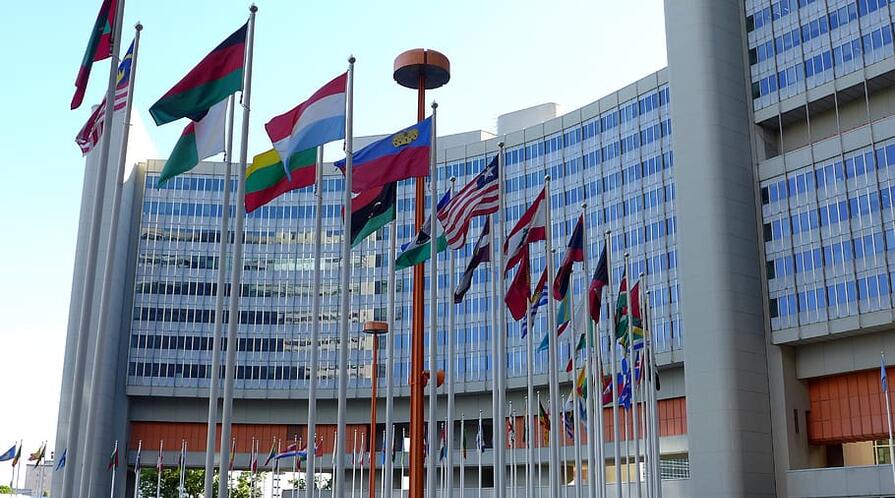Politicize this Pandemic, But Do So Carefully
An open letter from scholars studying public health in China and the U.S.

Mathew Kohrman, Stanford Associate Professor of Medical Anthropology and FSI Senior Fellow, Xi Chen, Yale School of Public Health Assistant Professor, and Scott Rozelle, Stanford REAP director and FSI Senior Fellow, came together to write an open letter pleading leaders in Washington DC and Beijing to put partisan interests aside and work together to fight the global COVID-19 pandemic.
More than 70 scholars across the world have now signed and supported their message.
Here's their original letter:
We are a group of scholars who have spent our careers teaching, publishing, and advocating on behalf of public health in the U.S. and China. To begin, we commend government agencies in Washington, Beijing and elsewhere for the energy they are expending to fight Covid-19. We want to implore leaders, however, against recklessly politicizing this pandemic.
Diseases are political and they necessitate governmental action—no one should try to suggest otherwise. Unchecked, they devastate communities and economies, ravaging the most vulnerable among us the hardest. We encourage leaders to treat Covid-19 as a political foe. A pandemic of this magnitude tosses legions out of work and can kill millions. Nothing is more political than that. To eliminate this foe, a powerful, multilevel, transnational, coordinated array of political responses must occur. The use of government authority, invoking the bully pulpit and the strong arm of local officials, is needed like never before. In other words, more politics, not less, is required when it comes to Covid-19.
But leaders in Washington, Beijing and beyond must avoid infusing the politics needed to tackle this disease with tactics designed to serve their own partisan interests. Their power should be applied to care for others, to marshal resources for disease prevention and treatment— not to deflect blame, shore up approval ratings, settle scores, or demonize people because of ethnicity at home or abroad.
Striking a balance, between the right and wrong ways to politicize Covid-19 responses, is hard given the tenets of containment. We are told to secure our self, family, and homeland. But, of course, diseases know no borders; medical supply chains (and, in fact, supply chains for nearly all goods and services) are internationally embedded; and scientific innovation and crisis management necessitate data sharing. Intergovernmental collaboration, as a consequence, cannot be sacrificed to containment. They must go hand-in-hand.
Leaders need to be cautious when deploying their political capital to fight Covid-19 for another reason. Relationships can take years to nurture and only moments to destroy, especially given how a Tweet, a meme or recorded quip can circulate globally in an instant. That is a lesson we pass along to our students regularly. Do not be flip when it comes to your important relationships. There is no place today for politicians to traffic in conspiracy theories or insulting language about virological origins. Now is the time, instead, for leaders to re-build global public health alliances, such as the woefully underfunded World Health Organization, to renew scientific exchanges, and to communicate respectfully across borders.
The Letter Has Received Media Coverage from Global News Agencies
The New York Times: Scholars’ Plea: U.S. and China, Work Together on the Pandemic
CGTN: Scholars call for China-U.S. anti-coronavirus cooperation (interview with Matthew Kohrman)
CGTN: Scholars urge China, U.S. to work together on pandemic
Xinhua News Agency: 中美公共卫生领域专家发表公开信呼吁两国加强抗疫合作 / Scholars urge U.S., China to work together against COVID-19
Huanqiu: 中美数十名学者联名呼吁两国合作抗疫:不应用污蔑病毒起源的方式危害双边关

Mathew Kohrman

Xi Chen



